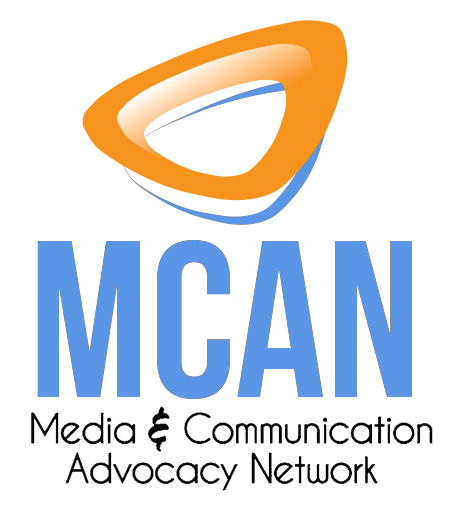October 17, 2023
By: Antoinette Abbah
The SDGs are a bold commitments to achieve by 2030 and with just seven years to go,there is an urgent need for the world to get into action to achieve the goals. These actions involve targeting the most vulnerable, increasing basic resources and services, and supporting communities affected by conflict and climate-related disasters.
Here in Ghana, the UNFPA and partners are keen on Goal 5.3 which focuses on eliminating all harmful practices, such as child ,early and forced marriage and female genital mutilation.
A technical workshop at Ho in the Volta Region brought together Implementing partners, CSO’s, advocates of eliminating child marriage, religious leaders and the academia to assess progress and plan for the phase lll of the Global Programme to End Child Marriage.
The Global Programme to End Child Marriage was initiated in 2016 by UNFPA and UNICEF, and designed to combat child marriage in 12 of the most high-prevalence countries.
With the Phase II, which spans from 2020 to 2023, has focused on enhancing investments and support for both unmarried and married adolescent girls, as well as increasing political support, resources, and gender-responsive policies.
As Phase II draws to a close on December 31, 2023, it’s essential to evaluate the challenges and progress made so far. The real target, however, is Phase III which takes effect from (2024-2030).It aims for a Gender -transformative shift to enable a larger number of adolescent girls to enjoy a childhood free from the risk of early marriage.
Phase III’s primary areas of focus are empowering at-risk and affected adolescent girls to make informed choices about marriage, strengthening sectoral systems and institutions to respond effectively to their needs, and enhancing legal and political responses. This endeavor doesn’t come without its challenges.

For Social Norms and Harmful Practices Specialist at UNFPA WCARO, Dr. Zubaida Abubakar, the impact of some crises, including climate disasters, conflicts, economic downturns, and the lingering effects of COVID-19, are still affecting development efforts and reversing progress made in achieving the SDG’s.
Dr Abubakar in her highlights, stressed the importance of addressing social norms that drive child marriage to serve as deterrent. “The law says if you marry a child at age 13 and 14 you will go to jail” she stressed. “Even as we address all these issues we need to empower adolescents, have mechanisms that will keep girls in schools,Vocational schools and tell them things about Sexual and reproductive health”. Dr Abubakar noted.
Gender Team Lead at UNFPA, Dr. Doris Aglobitse, said everyone is looking up to Ghana.”Its no more business as usual, ” we need plan for the third phase, so that we can eliminate child marriage by 2030:
Dr Aglobitse noted that there is the need for a lot of dedication , brainstorming adding that it is not going to be business as usual.”We need to engage young people a lot because the old ideas are gone,we need to fuse the new ideas into the old ones to achieve our target”,she added.
As Ghana and its partners enter the final stretch towards the 2030 deadline, the dedication to eliminating child marriage remains resolute, knowing that this is a critical step toward a more equitable and prosperous future for all.

